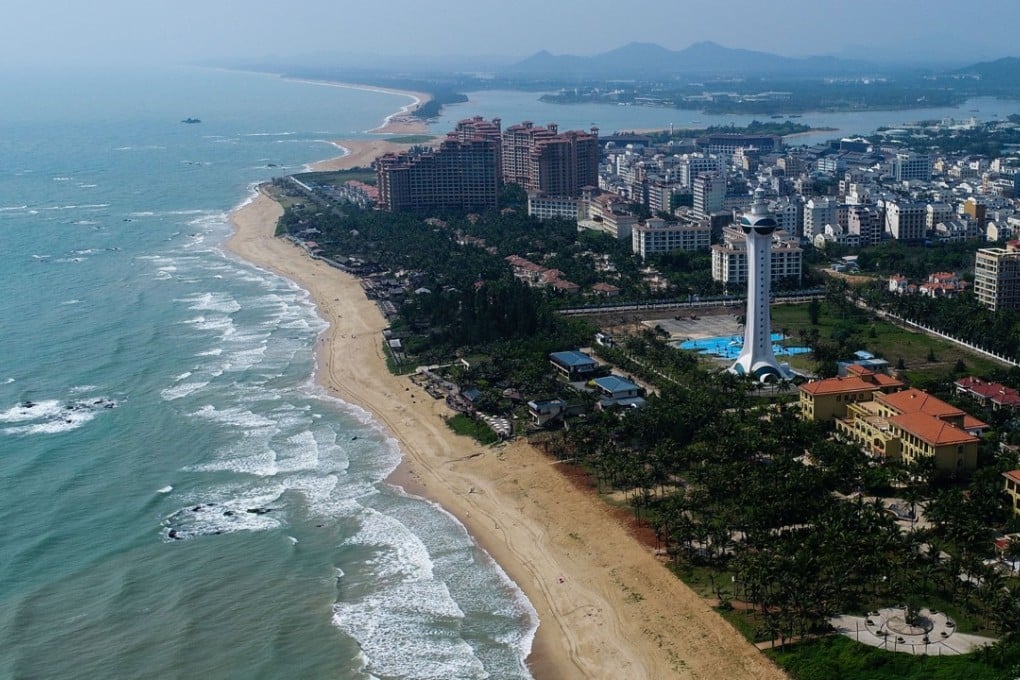Heavy hand chokes Hainan’s real estate, even as ‘China’s Hawaii’ woos visitors with visa-free entry

Hainan, China’s tropical island that has been chosen as a free-trade zone, saw sentiment toward its property market swing from hot to cold this past week after authorities closed the door for purchases by non-locals.
In a move that suggests zero tolerance for speculation, the provincial government has stipulated that non-locals cannot buy homes in Hainan unless they have paid into the local social security fund for 24 months. In cities like Haikou and Sanya, buyers must prove they have paid social security for 60 months. In the central mountainous region, non-local buyers are banned altogether.
Although curbs on non-local buyers were already in place before the free-trade zone plan was announced by President Xi Jinping earlier this month, observers were surprised at the tightened restrictions.
“In a market that mainly relies on non-local buyers, the consequences are devastating. A plunge in home sales and prices is expected,” said Yang Hongxu, deputy head of E-house China R&D Institute.
Non-local buyers accounted for 88 per cent of Hainan’s home sales in the first half of 2017, according to property agency Homelink. Pre-existing policies to curb speculation stipulated that homes could not be resold within five years of purchase.